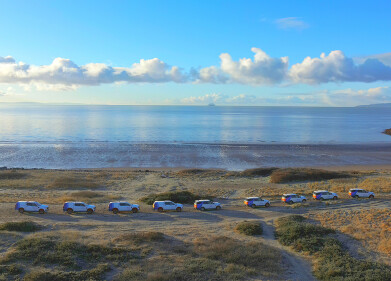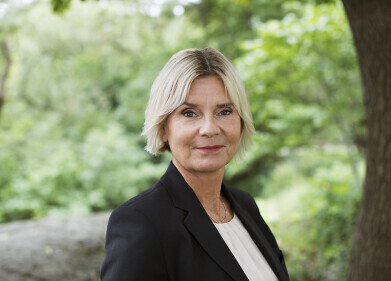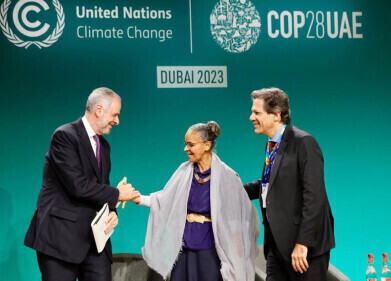Consultancy services
£2million for research into Mediterranean gateways and global climate change
Dec 02 2011
Bristol-led consortium of universities and industry has been awarded more than £2million to reconstruct Atlantic-Mediterranean flow patterns 5-6 million years ago, before the Straits of Gibraltar formed.
Studying such ancient flow patterns will provide insight into the functioning of extant marine gateways (such as the Bering and Gibraltar Straits) which play a critical role in the exchange of water, heat, salt and nutrients between oceans and thus have significant impact on regional and global climate.
The current single marine corridor at Gibraltar is a relatively recent phenomenon having been formed around 5.3 million years ago. Previously, there were two complex seaways that connected the Mediterranean and Atlantic through northern Morocco and southern Spain.
When these marine corridors closed between 5-6 million years ago, the saltiness of Mediterranean water fluctuated from near-fresh to ten times modern sea water salinity. This resulted in around 6 per cent of the world’s oceanic salt precipitating on the Mediterranean Sea floor, a dramatic event known as the Messinian Salinity Crisis.
The MEDGATE international consortium of researchers will reconstruct the volume and flow pattern of Mediterranean-Atlantic exchange during the Messinian Salinity Crisis event and explore its effect on global climate. They will integrate diverse datasets derived from the sediments and fossils that were deposited in the two corridors, with numerical models of the oceans and climate.
Dr Rachel Flecker of Bristol's School of Geographical Sciences who is co-ordinating the project said: "MEDGATE is a diverse network of earth scientists from first-class geological institutions in the UK, The Netherlands, Spain, France, Belgium and Morocco, alongside three private sector geoscience organisations. Their areas of expertise include field geology, sedimentology, geochemistry, micropaleontology, seismic interpretation and numerical modelling.
"MEDGATE is now looking to recruit nine Early Stage Researchers (PhD studentships) and one Experienced Researcher (post-doc) to the project. They will be trained in a wide variety of skills equipping them for careers in either academia or the oil industry. The researchers will be involved in all aspects of the project including its management and the dissemination of results to academia, industry and the public."
Events
Apr 08 2025 Targi Kielce, Poland
Apr 08 2025 Bahrain
Apr 10 2025 Beijing, China
Apr 10 2025 Beijing, China
Apr 15 2025 Moscow, Russia














